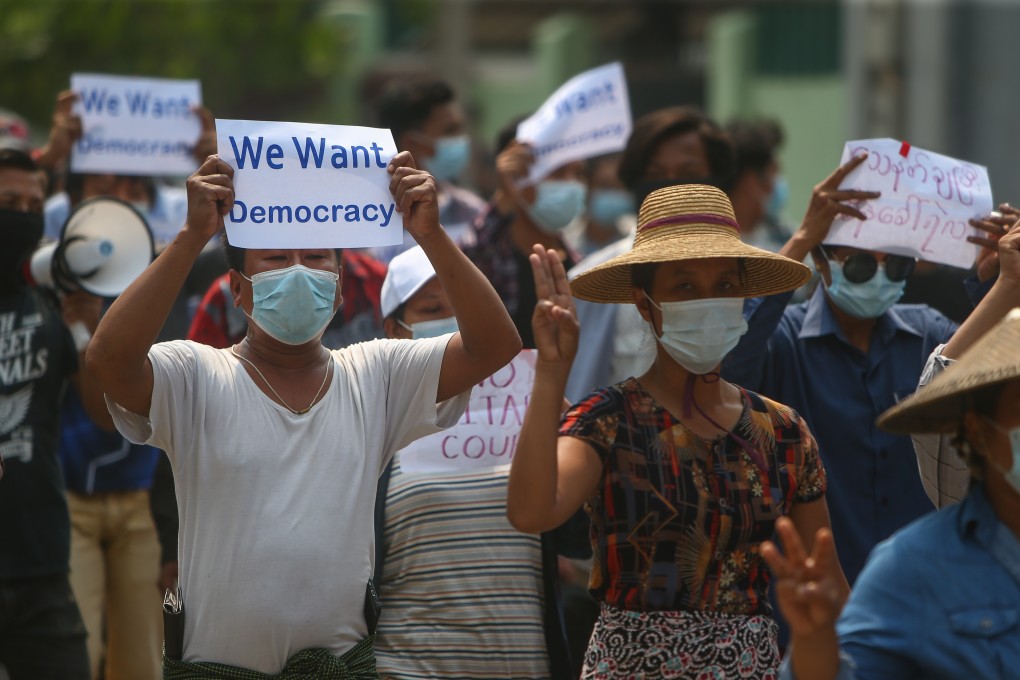Opinion | Is democracy in decline, retreat or under siege? More a work in progress
- Democracy depends on the quality of institutions. It alone does not ensure that the government will be any better in delivering outcomes than any other arrangement

Is democracy in decline, retreat or under siege? In recent times, many have been agonising over a lost golden age of democracy, freedom and the rule-based world order.
The English word democracy comes from the Greek words “demos” (people) and “kratos” (rule). Today, democracy is usually taken to mean a system of government in which the majority rules, with consideration for minority rights.
One of the most well known definitions of democracy is Abraham Lincoln’s “government of the people, for the people and by the people”. But, during his time, women and slaves were not entitled to vote or participate in governance. The crux of the democratic ideal lies in the question, “Who rules?”
The British empire never granted democracy to its colonies (other than white Canada or Australia) until forced to give them independence after it became exhausted by two world wars. Democracy was part of a US tool box that sought to ensure more people would be like Americans, free and equal, at least in theory.
This is not to say that the idea of democracy does not appeal to peoples of different cultures and political backgrounds. The Chinese idea of democracy, first expressed by Sun Yat-sen and embodied in the Three Principles of the People, embraced citizens of a common culture defined by nationalism, governance rights (constitutionality), and people-centred welfare.


